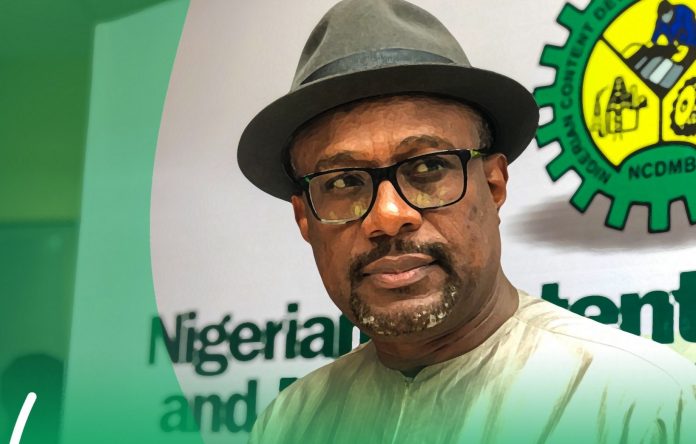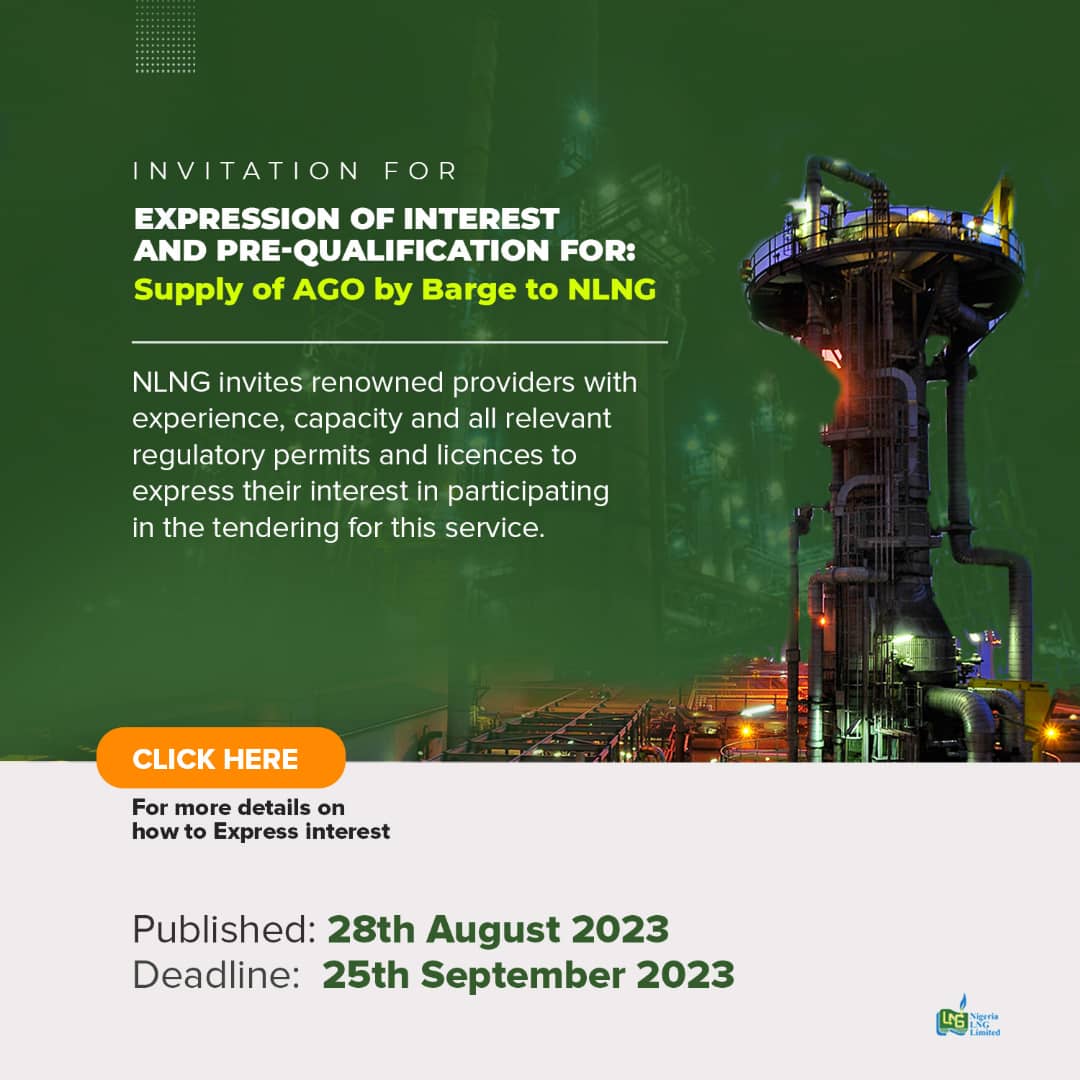
The Nigerian Content Development and Monitoring Board has empowered Media Stakeholders in the area of Capacity Building so as to be abreast with the latest happenings in the Industry for accurate reportage of the Oil and Gas Sector.
In his presentation with the theme: Improving Writing Competencies to Meet Evolving Media Trends, Godwin Okon, a professor from Mass Communications Department, Rivers State University, Port Harcourt said from all indications, our information officers/ news correspondents need to get abreast with these trends and fad to remain relevant and competitive in this our ever changing world.
He stated this at Nigerian Content Capacity Building workshop for Media Stakeholders with the theme: Sustaining Nigerian Content Development amidst COVID-19 Pandemic: The Role of the Media held last week in Lagos.
“The ERS approach is an emerging concept in contemporary news reporting. In order to adequately utilise the tool, a reporter is required to listen to what the people are talking about by keeping his eyes and ears open. This no doubt motivates the reporter to seek issues beyond the subliminal. By so doing, the Reporter gains mastery of his own beat while acculturating the edge in a competitive environment”, he said.
Specialized reporting according to him accords stature and fiber to a Reporter’s news package because it elicits an atmosphere of authoritativeness and credibility.
“A Reporter through this component can develop a data base which in turn will enable him diversify into content syndication. The reverberating effects on the profile of the Reporter can be overwhelming”, he said.
“Specialized reporting calls for a high degree of mastery. Empirical observation has shown that very few journalists have distinguished themselves in specialised areas. The imputation here is not for management to start shopping for B.Sc Economics graduates or scientists/Engineers. What is however required is to train the reporters on how to report technicalities in a comprehensible and digestible manner”, he added.
“In reporting technicalities, a reporter needs to thoroughly understand terminologies, phraseologies and neologisms. In other words, a reporter for example does not necessarily have to be an economist to report economic news. It is just for the reporter to understand some economic terms and their meanings. The same applies to other specialized genres”, stated Okon.
“For example, imagine a story on the commissioning of the new NLNG train VII. Will it just be enough to report the event without pointing out how this train will reverberate on the economy and the wellbeing of the citizenry? Again, would a news reporter have adequately done his job without giving adequate attention to the significance and relevance of that train in the value chain of liquefied natural gas? The bottom line is that there is widespread ignorance over a wide range of socio-political issues as a result of the media’s inability to properly explain the significance of these issues”, he opined.
The University Don, stated that News stories often come in bits and spurts thereby leaving the listener in a maze of information which he has to link or piece together in order to make sense out of them.
The “R” component negates the role of the media as a filter which selects parts of everyday living for special attention while closing off other aspects of experience whether deliberately or systematically.
“It must at this point be noted that the average radio news package is made up of brief capsulised reports of the social world. By constructing news in this way, events are treated in isolation. Connection requires putting them into a broader context that affords them relevance and significance. In this way listeners will be able to make their own connections and make sense out of the barrage of events around them.
“The implication is that the reporter may have to look beyond the ordinary to uncover stories that would ordinarily not have been news worthy from a superficial viewpoint. In this regard, yesterday’s news could become today’s news.
“It is common knowledge that there has been so much unrest in the Niger Delta and as a result, hostage taking has become the order of the day. Will it just be enough to report that some employees of NLNG Bonny have been taken hostage by unknown gunmen? Enterprise reporting goes beyond just that to entail an in-depth analysis of the trend by considering deeper issues like –”… is hostage taking an off shoot of the Niger Delta struggle or has it been turned into a money making vessel by some groups in collaboration with some government agents? In the event of ransom, who profits? Who pays and who makes the contact?”
Covering any beat according to him demands a competitive zeal which entails resourcefulness. “In manufacturing the news, the reporter is at his best when he is resourceful”, he stated.
“The reporter must possess the knowledge of all possible channels through which he can obtain whatever information he so desires. In contemporary reporting, this is known as “enterprise reporting”.
He noted that enterprise reporting though not too common among journalists refers to stories generated by a reporter on his or her own as opposed to breaking news or general news.
“The expectation however is that news reports from every sector of the economy should provide useful information on the arrays of activities that go on in that sector as well as cognate education on the intricacies and technicalities the sector requires with a view to repositioning the society for statutory and corresponding projections.
“News reports from every sector of the economy must be all encompassing and multifaceted so as to cater for the varying interests of stakeholders. In this way the aspirations and expectations of all stakeholders will be duly satisfied bearing in mind the fact that almost anybody in almost anywhere in Nigeria is a stakeholder as far as any sector of the economy is concerned”, he stressed.
Also in his presentation with the theme: the role of the Media in Public Policy Framing, Case Study of Nigerian Content, the Author, Media & Reputation Management Consultant, Ikem Okuhu, said, to frame is to select some aspects of a perceived reality and make them more salient in a communicating text, in such a way as to promote a particular problem definition, causal interpretation, moral evaluation, and/or treatment recommendation for the item described.
On framing of public policy, he said in the context of politics or Mass Media communication, this refers to the packaging of an element of rhetoric in such a way as to encourage certain interpretations and to discourage others. For political purposes, framing often presents facts in such a way that implicates a problem that is in need of a solution
He said that the framing effect is a cognitive bias that impacts our decision making when one thing is said if different ways. The traps of: Auditory Frames Visual Frames Value Frames Positive/Negative Frames. Our choices according to him are influenced by the way options are framed through different wordings, reference points, and emphasis.
Okuhu further stated stakeholders’ Interest group involves gatekeeping/Editorial selection, interpretative reporting, Interest, prevailing public sentiment and government/Stakeholder objectives. So also trends and opportunities, perspectivisation and Economic and political nationalism.
Speaking on Media and Local content policy, Okuhu said, involves putting the International Oil Companies, IOCs, on the spot, campaigning for economic nationalism, mobilisation of local stakeholders and Sensitisation of the public.
Others are engaging political actors, economics of localization and of local capacity building and advocacy for responsible corporate citizenship.





















